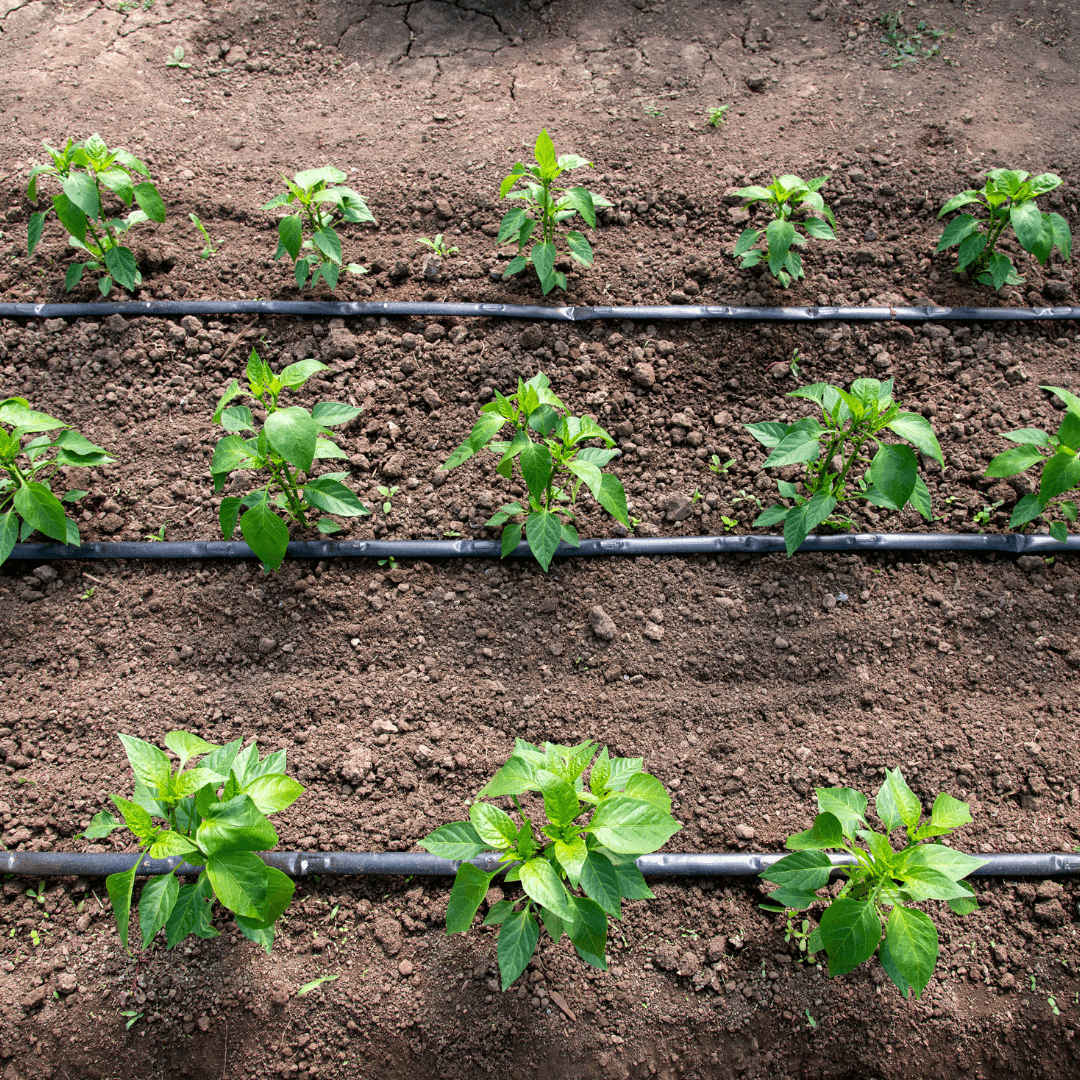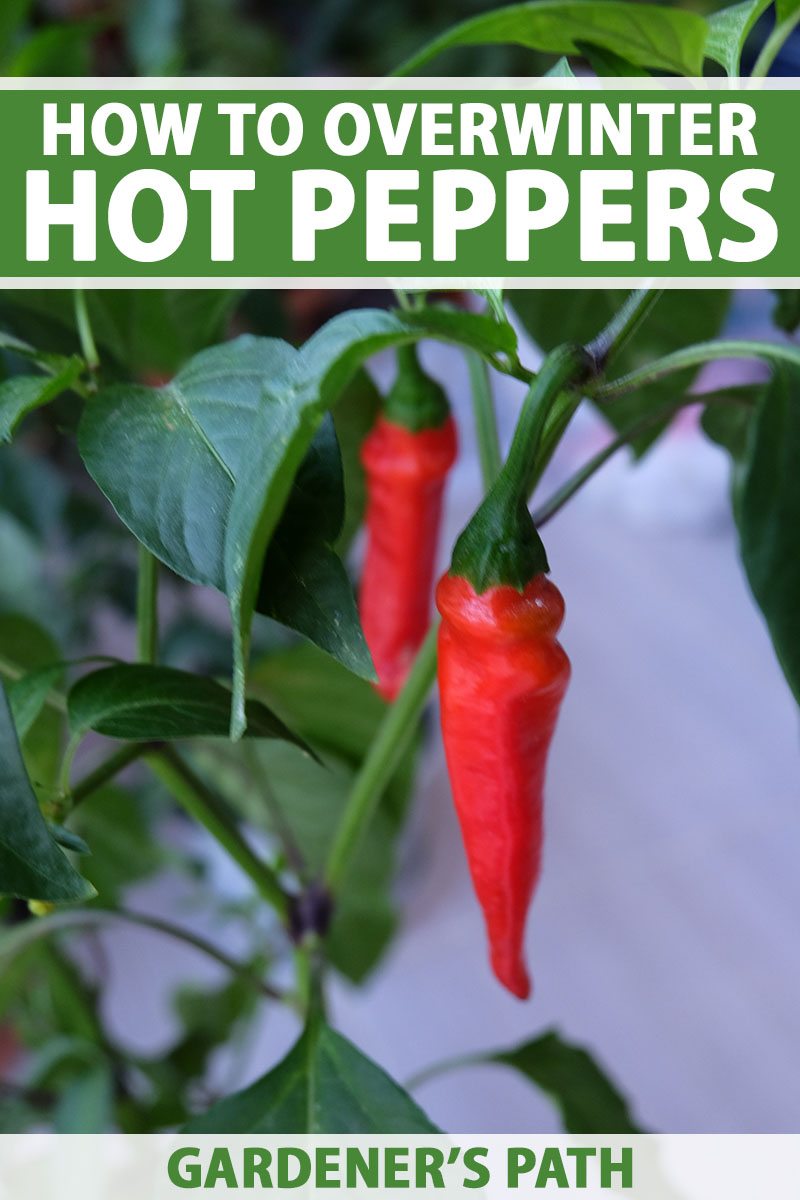Organic Vs. Synthetic Fertilizers: Which Is Best for Nurturing Healthy Pepper Plants?
In the world of supporting healthy and balanced pepper plants, the option in between artificial and organic fertilizers stands as a critical decision with significant ramifications. While both options aim to offer vital nutrients to support plant growth, the nuances of their impact on the soil, plant health, and the environment spark an argument that echoes throughout the horticulture neighborhood. Comprehending the unique advantages and potential pitfalls of each fertilizer kind is vital for pepper farmers seeking to optimize their yields while preserving a sustainable and eco-conscious approach.
Advantages of Organic Plant Foods
Organic fertilizers offer an environmentally-friendly and sustainable strategy to beneficial pepper plants, offering necessary nutrients without making use of synthetic chemicals. These all-natural plant foods are stemmed from organic resources such as garden compost, manure, bone dish, and algae, promoting soil health and biodiversity. Unlike artificial plant foods, organic choices release nutrients gradually, making sure a well balanced and constant supply for pepper plants to prosper.
One considerable advantage of natural plant foods is their capability to enhance soil framework and water retention. By improving soil health, organic plant foods promote useful microbial activity, which aids in nutrient uptake by pepper plants. In addition, natural fertilizers lower the risk of chemical run-off, protecting water resources from pollution and guarding the environment.
In addition, organic plant foods add to lasting soil fertility by advertising the growth of valuable soil microorganisms. These organisms assist damage down raw material, releasing nutrients in a type that is conveniently accessible to pepper plants. best fertilizers for peppers. By cultivating a healthy and balanced soil environment, natural plant foods support sustainable pepper growing techniques that profit both plants and the environment
Disadvantages of Artificial Plant Foods
Synthetic fertilizers, in comparison to their natural counterparts, position numerous drawbacks when utilized to nurture pepper plants, impacting both plant health and wellness and ecological sustainability. One significant downside of synthetic plant foods is their propensity to leach nutrients from the soil swiftly. This quick leaching can result in vitamins and mineral imbalances in the soil, creating plants to experience from shortages or toxicities. In addition, synthetic fertilizers can hurt helpful soil organisms, such as earthworms and helpful microorganisms, interfering with the dirt ecosystem's balance.
Additionally, the overuse of artificial plant foods can contribute to water pollution. Excess plant foods not taken in by plants can wash away right into water bodies, causing eutrophication, where algae flowers diminish oxygen degrees in the water, harming marine life. Synthetic plant foods are usually derived from non-renewable sources, such as fossil fuels, contributing to carbon emissions and ecological degradation throughout their production.
Nutrient Absorption Contrast
When comparing natural and synthetic fertilizers in terms of nutrient absorption, natural plant foods have the advantage of supplying a more well balanced and slow-release source of nutrients. Organic plant foods include a selection of macro and micronutrients that are not just advantageous for the plants yet also promote healthy soil microbial activity, which assists in nutrient uptake.
Furthermore, natural fertilizers boost soil framework and water retention capacity, enabling pepper plants to access nutrients a lot more efficiently. This better soil top quality assists in root growth, making it possible for far better nutrient absorption. Synthetic plant foods, although initially improving plant development due to their high nutrient focus, may impede lasting nutrient absorption by degrading soil health and wellness gradually.
Environmental Influence Considerations

On the other hand, artificial plant foods, although typically more right away available and focused to plants, can have harmful effects on the atmosphere if not used correctly (best fertilizers for peppers). Their useful reference manufacturing needs high power inputs, causing greenhouse gas emissions and adding to climate adjustment. The runoff of excess artificial fertilizers can pollute water sources, leading to eutrophication and hurting marine environments.
Finest Plant Food Practices for Peppers
When fertilizing pepper plants, enhancing nutrient uptake and decreasing environmental impact are crucial factors to consider. To achieve this, it is vital to adhere to best fertilizer methods customized to the details needs of pepper plants. One critical practice is to do a dirt test before applying any kind of plant foods. This test can establish the pH level of the soil and determine any kind of nutrient shortages, leading you in selecting the most suitable fertilizer formulation.
An additional vital technique is to feed pepper plants at the correct time. Normally, peppers profit from getting fertilizer at planting and afterwards once check this site out more when they begin to blossom. Over-fertilizing can result in nutrition imbalances and harm the plants, so it is vital to adhere to suggested application rates.
Furthermore, selecting a well balanced plant food with an NPK ratio that matches pepper plants' demands is fundamental. Inevitably, integrating natural and synthetic plant foods carefully can assist nurture healthy and balanced pepper plants while minimizing ecological impact.
Verdict

Organic fertilizers use an environmentally-friendly and sustainable technique to nourishing pepper plants, offering crucial nutrients without the use of synthetic chemicals. Unlike artificial plant foods, organic choices launch nutrients slowly, guaranteeing a balanced and consistent supply for pepper plants to grow.
Synthetic fertilizers, in comparison to their natural equivalents, pose various downsides when made use of Source to nurture pepper plants, impacting both plant health and ecological sustainability. When contrasting natural and synthetic fertilizers in terms of nutrient absorption, natural plant foods have the benefit of giving a more balanced and slow-release source of nutrients.Additionally, organic fertilizers boost dirt framework and water retention ability, permitting pepper plants to accessibility nutrients more efficiently.
Comments on “Picking the Best Fertilizers for Peppers: Expert Recommendations”